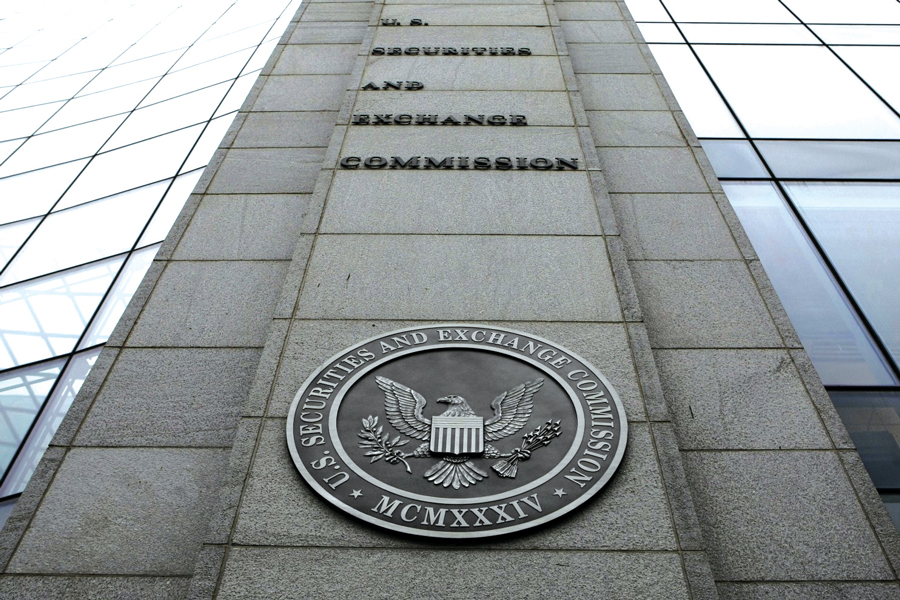

“In contrast to that commotion over the [Department of Labor] rule, it’s been mostly crickets from the brokerage industry when it comes to firms announcing concrete changes they are making … in preparation for Reg BI.”
The above excerpt from this week’s cover story on Regulation Best Interest by Mark Schoeff Jr. underscores the industry’s reaction to the new rule. The similarities between the hue and cry that accompanied the DOL’s fiduciary rule and the pending judicial decision around Reg BI stand out to me.
The reaction is intriguing because this industry’s reputation does not include quietly abiding the intrusion of external forces. As one source in the article suggests, perhaps it’s semantics because “fiduciary” (the ‘F’ word) feels weightier than “Best Interest.” Plus, the implementation guidance of “good faith effort” and “reasonable progress” leave lots of gray area.
But the second issue may well be the reason for the crickets. A hearing Tuesday will determine if the Securities and Exchange Commission exceeded its authority and ignored Dodd-Frank, so perhaps the relative quiet indicates a delay is more likely than the scheduled June 30 implementation.
Ultimately, does strict regulation create a greater burden than best-efforts guidance? Watching the implementation across the industry will answer that intriguing question.

Chasing productivity is one thing, but when you're cutting corners, missing details, and making mistakes, it's time to take a step back.

It is not clear how many employees will be affected, but none of the private partnership’s 20,000 financial advisors will see their jobs at risk.

The historic summer sitting saw a roughly two-thirds pass rate, with most CFP hopefuls falling in the under-40 age group.

"The greed and deception of this Ponzi scheme has resulted in the same way they have throughout history," said Daniel Brubaker, U.S. Postal Inspection Service inspector in charge.

Elsewhere, an advisor formerly with a Commonwealth affiliate firm is launching her own independent practice with an Osaic OSJ.
Stan Gregor, Chairman & CEO of Summit Financial Holdings, explores how RIAs can meet growing demand for family office-style services among mass affluent clients through tax-first planning, technology, and collaboration—positioning firms for long-term success
Chris Vizzi, Co-Founder & Partner of South Coast Investment Advisors, LLC, shares how 2025 estate tax changes—$13.99M per person—offer more than tax savings. Learn how to pass on purpose, values, and vision to unite generations and give wealth lasting meaning
